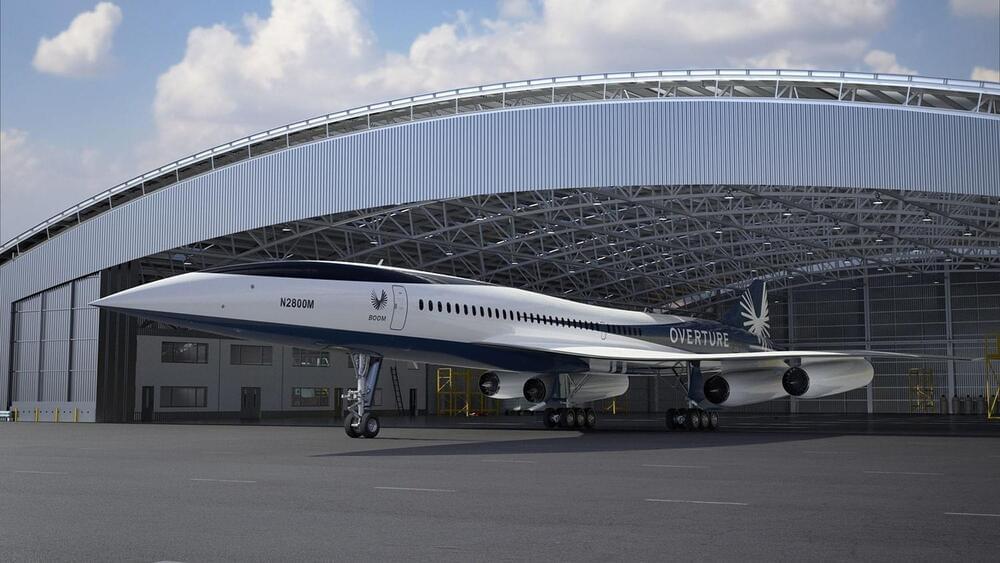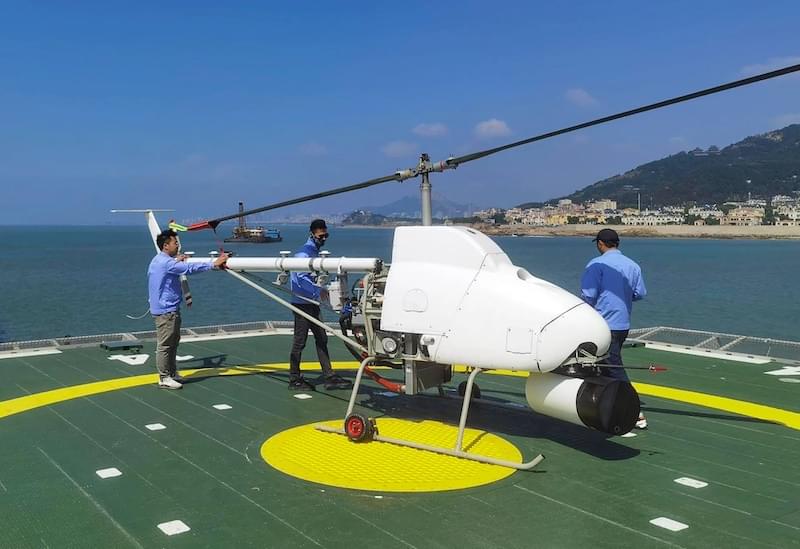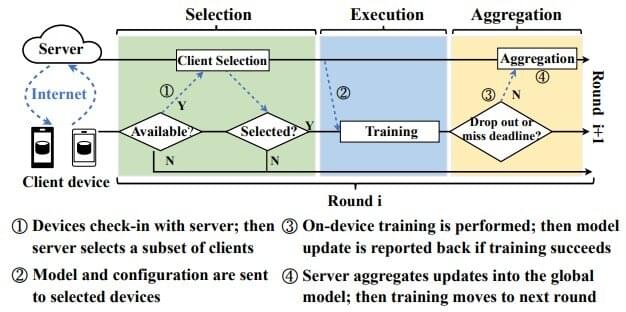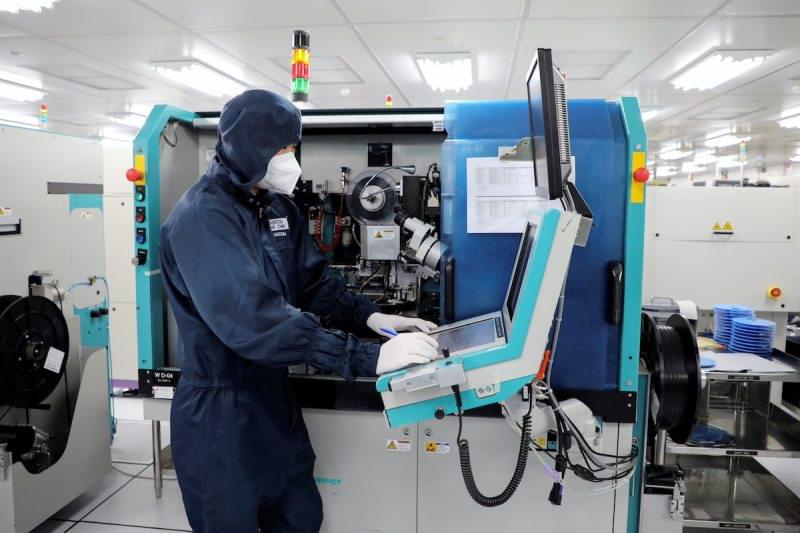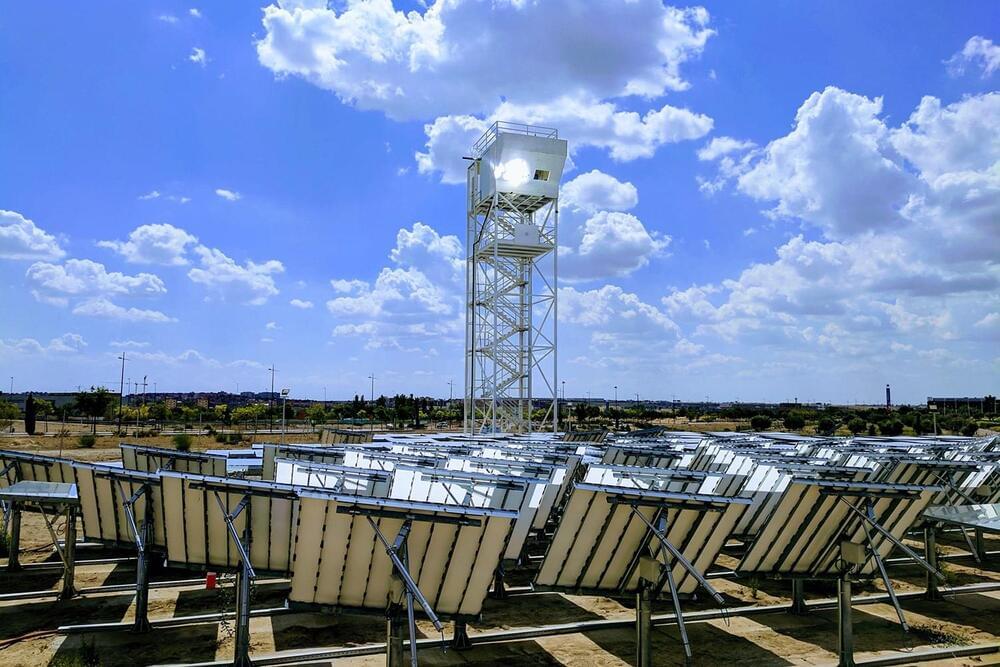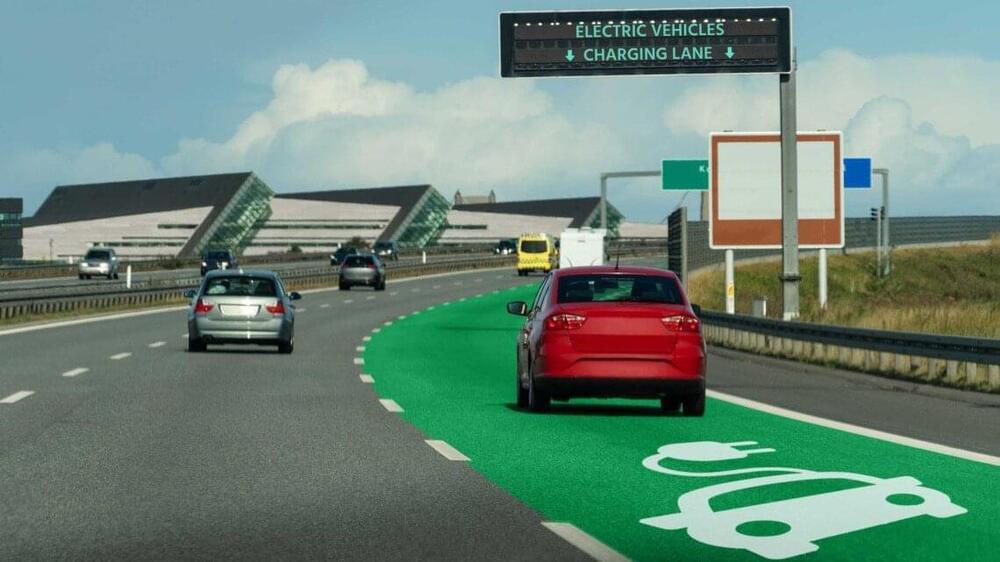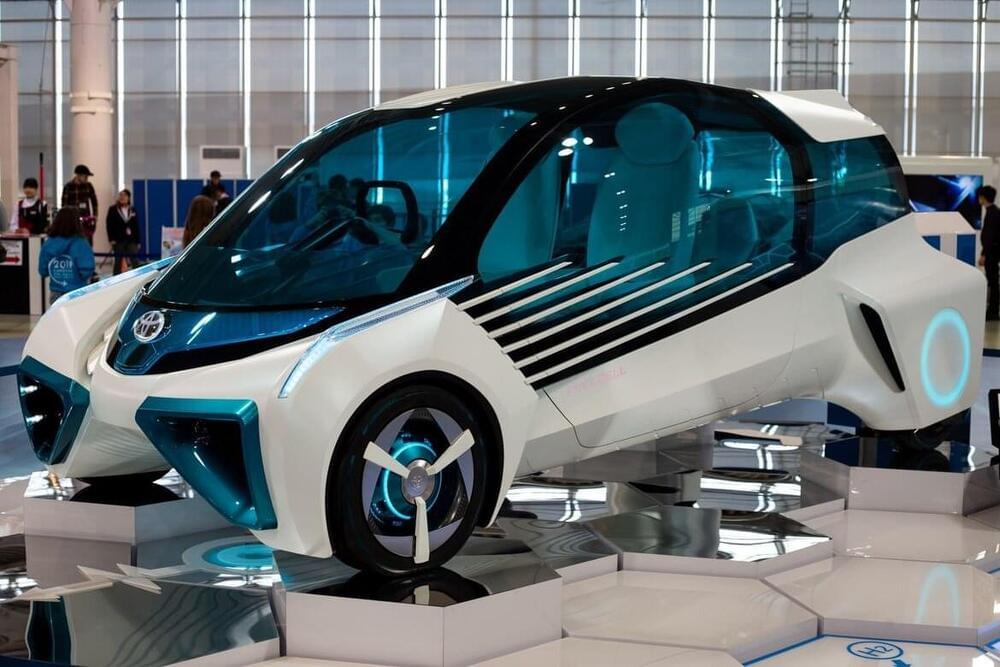Archive for the ‘transportation’ category: Page 182
Jul 25, 2022
Boom Supersonic’s Overture supersonic airliner will fly at 1,300 mph
Posted by Shubham Ghosh Roy in categories: sustainability, transportation
Jul 24, 2022
‘Power Suits’ for electric vehicles promise 25% range boost
Posted by Shubham Ghosh Roy in categories: sustainability, transportation
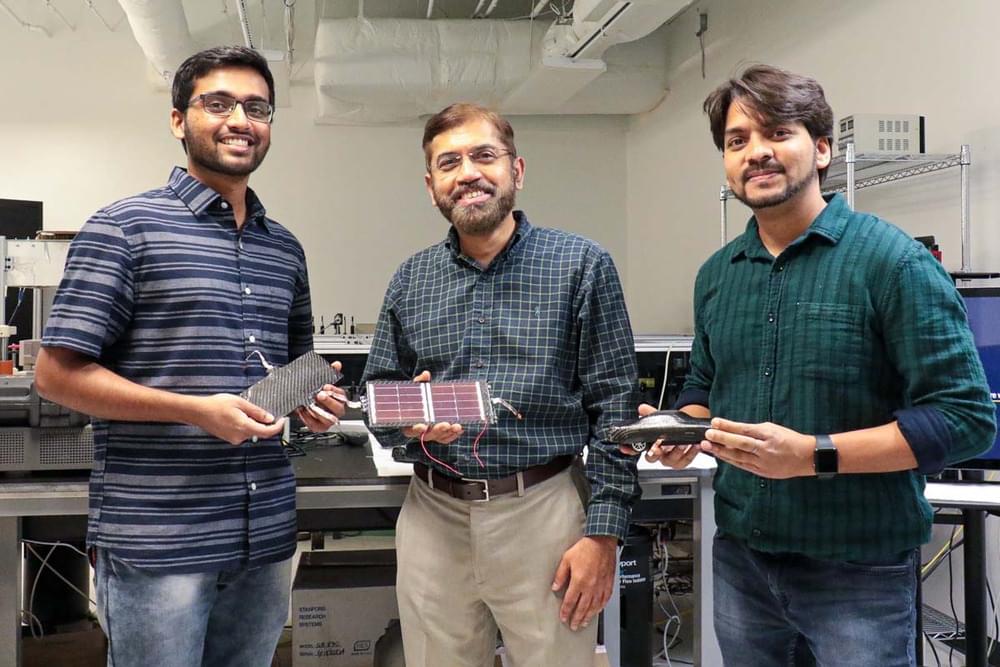
The lightweight, supercapacitor-battery hybrid composite material provides power and is as strong as steel.
Jul 24, 2022
China’s Avic Test-Flies Autonomous Helicopter — SCMP
Posted by Wise Technology in categories: robotics/AI, transportation
A state-owned aeronautics company in China has successfully tested a pilotless helicopter, Hong Kong’s South China Morning Post reported.
Jul 24, 2022
Open source platform enables research on privacy-preserving machine learning
Posted by Wise Technology in categories: mobile phones, robotics/AI, transportation
The biggest benchmarking data set to date for a machine learning technique designed with data privacy in mind has been released open source by researchers at the University of Michigan.
Called federated learning, the approach trains learning models on end-user devices, like smartphones and laptops, rather than requiring the transfer of private data to central servers.
“By training in-situ on data where it is generated, we can train on larger real-world data,” explained Fan Lai, U-M doctoral student in computer science and engineering, who presents the FedScale training environment at the International Conference on Machine Learning this week.
Jul 24, 2022
Chip Shortage in China Could Curb Its EV Momentum
Posted by Wise Technology in categories: computing, sustainability, transportation
China’s dependence on foreign suppliers of computer chips could undermine the country’s transition to electric vehicles, tech traders and researchers say.
The shortage of chips, or semiconductors, is more acute in China than elsewhere and could hit the nation’s EV momentum, according to CATARC, the China Automotive Technology and Research Center, because its fledgling domestic chipmaking industry is unlikely to be in a position to cope with demand within the next two to three years, it says.
With delivery delays of up to a year, that means carmakers in China are occasionally being forced to pay expensive premiums to chip brokers in cities like Shenzhen, where there is a “grey market” trade in semiconductors.
Jul 24, 2022
All-in-one tower produces jet fuel using water, CO2, and sunlight
Posted by Wise Technology in categories: solar power, sustainability, transportation
Now, an international team of researchers has developed a tower that uses solar energy to produce a synthetic alternative to fossil-derived fuels like kerosene and diesel. The fuel production system uses water, carbon dioxide (CO2), and sunlight to produce aviation fuel. The team has implemented the system in the field, and the design could help the aviation industry become carbon neutral.
The solar-made kerosene is fully compatible with the existing aviation infrastructure for fuel storage, distribution, and end use in jet engines. It can also be blended with fossil-derived kerosene, says Aldo Steinfeld, a professor from ETH Zurich and the corresponding author of the paper.
The solar fuel production plant consists of 169 sun-tracking reflective panels that redirect and concentrate solar radiation into a solar reactor mounted on top of a tower. The concentrated solar energy then drives oxidation-reduction (redox) reaction cycles in the solar reactor, which contains a reticulated porous ceramic structure made of ceria. The ceria – which is not consumed but can be used over and over – convert water and CO2 injected into the reactor into syngas, a tailored mixture of hydrogen and carbon monoxide. Subsequently, syngas is sent into a gas-to-liquid converter, where it is finally processed into liquid hydrocarbon fuels that include kerosene and diesel.
Jul 24, 2022
Study conceptualizes energy efficient, wireless charging roads
Posted by Wise Technology in categories: energy, sustainability, transportation
Wireless charging roads equipped with energy storage systems are promising electric vehicle solutions by virtue of their strong advantages in time saving and reduced pressure on the existing power infrastructure, according to a paper by Cornell researchers published this month in Applied Energy.
The electric vehicle (EV) industry has experienced remarkable expansion and technical development during the last decade. It is estimated that EVs will comprise 48%, 42% and 27% of light-duty vehicle sales in China, Europe and the United States, respectively, by 2030, according to co-authors H. Oliver Gao, the Howard Simpson Professor of Engineering, and Jie Shi, a former Cornell systems postdoctoral researcher.
Integration of wireless charging roads into the existing electricity market and efficient management of the corresponding energy storage system are crucial for successful implementation of the wireless charging road systems.
Jul 24, 2022
Technology optimizes renewable energy generation from malting barley bagasse by the beer industry
Posted by Wise Technology in categories: bioengineering, energy, sustainability, transportation
A scientific article just published by four Brazilian and two American scientists reports gains in electric and thermal energy obtained when brewer’s spent grain (barley bagasse), an abundant waste produced by the beer industry, is treated with ultrasound before undergoing anaerobic digestion, a microbiological process involving consumption of organic matter and production of methane.
Pre-treatment generated biogas with 56% methane, 27% more than the proportion obtained without use of ultrasound. After purification in methane, the biogas can be used as vehicle fuel with a very low carbon footprint compared to conventional fossil fuels. Moreover, in cogenerators, the methane can be burned off by the brewery to produce electricity and heat. The final waste can be used as biofertilizer instead of mineral fertilizer. The methodology is described in detail in the article, which is published in the Journal of Cleaner Production.
The innovative process was developed at the Laboratory of Bioengineering and Treatment of Water and Waste (Biotar) in the State University of Campinas’s School of Food Engineering (FEA-UNICAMP). The research group lead, T nia Forster-Carneiro, is principal investigator for a project supported by FAPESP.
Jul 24, 2022
Possible step toward cheaper hydrogen-based energy: Predicting performance of catalysts in fuel cells
Posted by Wise Technology in categories: energy, sustainability, transportation
A study led by UCLA researchers could help accelerate the use of hydrogen as an environmentally friendly source of energy in transportation and other applications.
The team developed a method for predicting platinum alloys’ potency and stability—two key indicators of how they will perform as catalysts in hydrogen fuel cells. Then, using that technique, they designed and produced an alloy that yielded excellent results under conditions approximating real-world use. The findings are published in the journal Nature Catalysis.
“For the sustainability of our planet, we can’t keep living the way we do, and reinventing energy is one major way to change our path,” said corresponding author Yu Huang, a professor of materials science and engineering at the UCLA Samueli School of Engineering and a member of the California NanoSystems Institute at UCLA. “We have fuel cell cars, but we need to make them cheaper. In this study, we came up with an approach to allow researchers to identify the right catalysts much faster.”

